Sato no aki
Shizuka na shizuka na sato no aki
Osedo ni kinomi no ochiru yo wa
Ah kaasan to tada futari
kuri no mi nite masu iroribataAkarui akarui hoshi no sora
Naki naki yogamo no wataru yo wa
Ah tousan no ano egao
Kuri no mi tabete wa omoidasuSayonara sayonara yashi no shima
Ofune ni yurarete kaerareru
Ah tousan yo gobujide to
Konya mo kaasan to inorimasuLyricist:SAITOU Nobuo
Composer:KAINUMA Minoru
Recorded in1948
Autumn village
Quiet, quiet, Autumn village.
The night when plant fruits fall into the back door of the house
Oh-just two person with moms.
We are cooking boiled chestnuts. In the hearth.
Bright, bright, Starry sky.
The night when the wild duck flies while screaming,
Oh-I remember Dad’s smile
while eating boiled chestnuts.
Goodbye, goodbye, palm island.
Come home while being shaken by the ship.
Oh, dad, be safe,
I pray with my mom tonight.
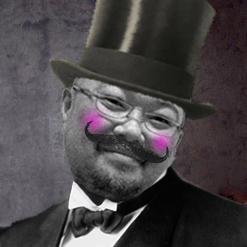
“Sato no aki” is a beautiful song that evokes the warm and gentle atmosphere of autumn in the Satoyama (mountainous rural areas), expressing the days of waiting for winter after the harvest.
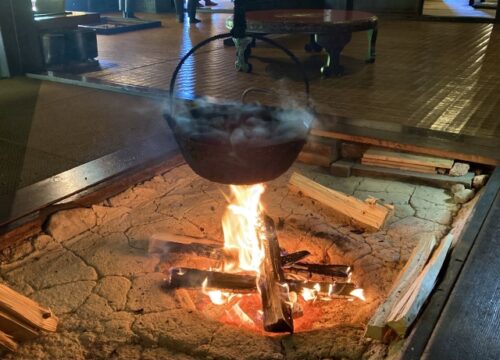
However, the content of the song portrays the feelings of a child living with their mother, thinking about their father who went off to war as a soldier.
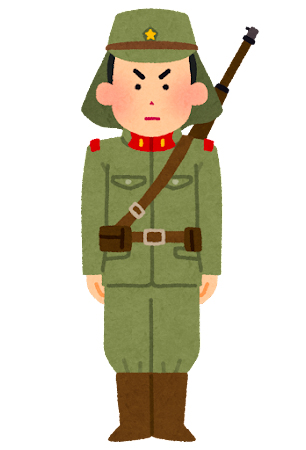
Originally written by SAITO Nobuo in the 16th year of the Showa era (1941) as a poem titled “Starry Night,” the third verse goes:
“Kireina, kireina yashi no shima
On the beautiful, beautiful coconut island,
Shikkari mamotte kudasai to
Please protect it well,
Ah, tousan no gobuun wo
Ah, I wish my father military luck.
Konya mo hitoride inorimasu”
I will pray alone tonight too.
Originally, there were four verses:
“Ookiku, ookiku natta nara
When I grow up, really big,
Heitaisan dayo ureshii na
I’ll be a soldier and be happy,
Nee, kaasan yo boku datte
Hey, Mom, even I
Kanarazu okuniwo mamorimasu”
Will definitely protect our country.
This song was composed during the year 16 of the Showa era, the beginning of the Pacific War in December. Considering the lyrics mentioning the “coconut island” in the third verse, it is likely that the “father” in the song set off as a soldier to the southern part of French Indochina with the Japanese Army.

The song became known to the public at the end of the year in Showa 20 (1945), the year Japan lost the war. It was selected for a program on NHK Radio titled “Afternoon Encouragement for Repatriates from Overseas Territories.” However, the original lyrics were deemed inappropriate for the times. As a result, the lyrics were revised to their current form, and the title was changed to “The Autumn in the Village.” The response was tremendous, marking a significant event since the establishment of NHK Radio. The following year, it was featured in a program called “Returnee News.”
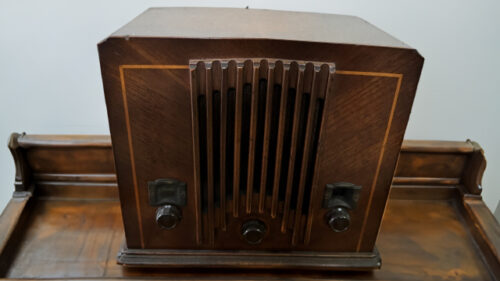
It has also been selected as one of “Japan’s Top 100 Songs.”
SAITOU Nobuo monument is erected in his hometown where Saito invented “Sato no aki”.

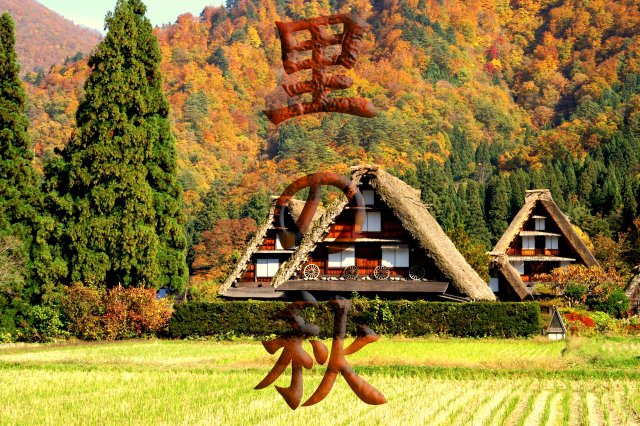

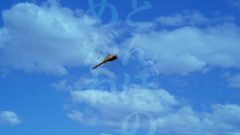
コメント